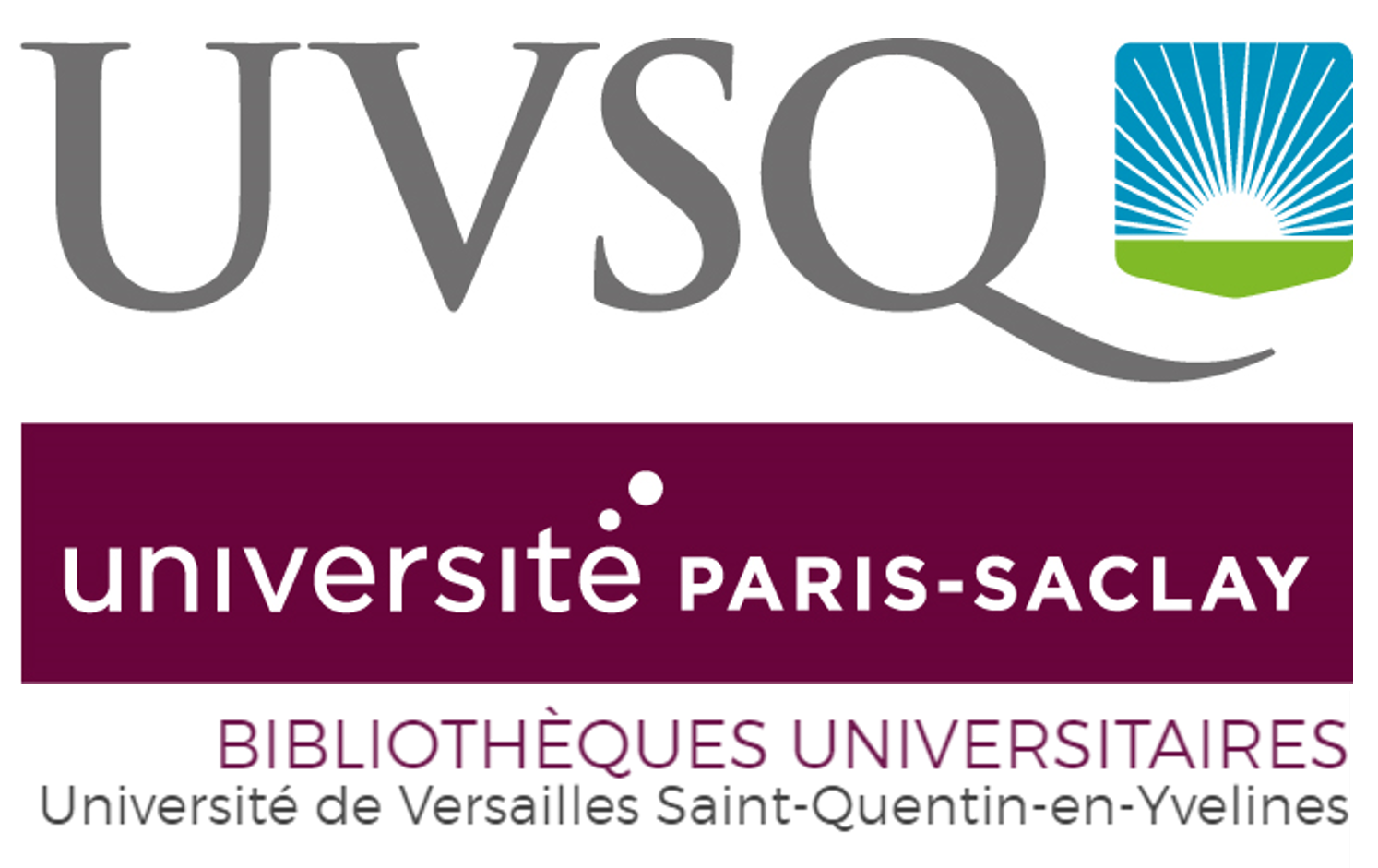Translation: From a disciplinary field to a model for cultural studies
La traduction : champ d’études et modèle des études culturelles
Résumé
Over the past twenty or thirty years, translation studies have been in constant expansion within the field of the humanities and social sciences, as witnessed by an ever-growing corpus of research. Translation is both a linguistic technique and a powerful means of cultural mediation; it is the very embodiment of a “cultural transfer” and as such it is increasingly attracting the attention of scholars in the field of cultural studies. In this article, we look at some of the recent major contributions by specialists in this field. As we will see, these studies have brought translation out of its linguistic and philological ivory tower and set it firmly at the centre of questions of production and circulation not only of texts but also of ideas, discourses and models, raising thereby the question of the responsibility of the translator as a mediator within these exchanges, and of his or her neutrality.
This new interdisciplinary approach has brought new perspectives and a fresh impulse to translation studies, and the reverse is also true. However, the question remains of the skills needed among scholars wishing to pursue this interdisciplinary approach, and of the ability of the different disciplinary fields involved to retain their own remit and their identity. The opening up of translation as an object of study to the methods and the preoccupations of cultural studies has definitely been the source of many stimulating new approaches and discoveries. However, the pertinence of use of translation itself as a model for investigating cultural relations and exchanges still remains to be proved, despite the existence of several recent studies proposing ways in which this might be achieved.
La traduction apparaît comme un domaine majeur de recherche dans les sciences humaines et sociales depuis deux ou trois décennies, suscitant une abondante production scientifique. A la fois technique linguistique et outil potentiellement puissant de médiation culturelle, elle constitue le type de transfert culturel par excellence, et à ce titre a attiré l’attention des chercheurs en études culturelles. Cet article passe en revue quelques-uns des travaux-clés dans ce domaine, leurs apports, et la manière dont ils ont sorti les études traductologiques de leur tour d’ivoire linguistique et philologique pour en faire un objet d’étude pleinement en prise avec des questions sociétales plus larges de production et de circulation non seulement de textes mais d’idées, de discours et de modèles, dans lesquelles le traducteur est invité dorénavant à assumer sa responsabilité de « passeur » pas forcément neutre. Cette nouvelle interdisciplinarité a incontestablement apporté un dynamisme et des perspectives nouvelles à la traductologie (et vice-versa) ; cependant, elle soulève la question des compétences requises pour aborder ces thématiques, et celle des limites disciplinaires. Si l’ouverture de la traduction en tant qu’objet d’étude apparaît comme un enrichissement, l’apport de la notion de traduction comme méthode et comme modèle d’échanges culturels doit encore faire ses preuves, malgré l’existence de plusieurs tentatives stimulantes allant dans ce sens.
| Origine | Fichiers produits par l'(les) auteur(s) |
|---|

